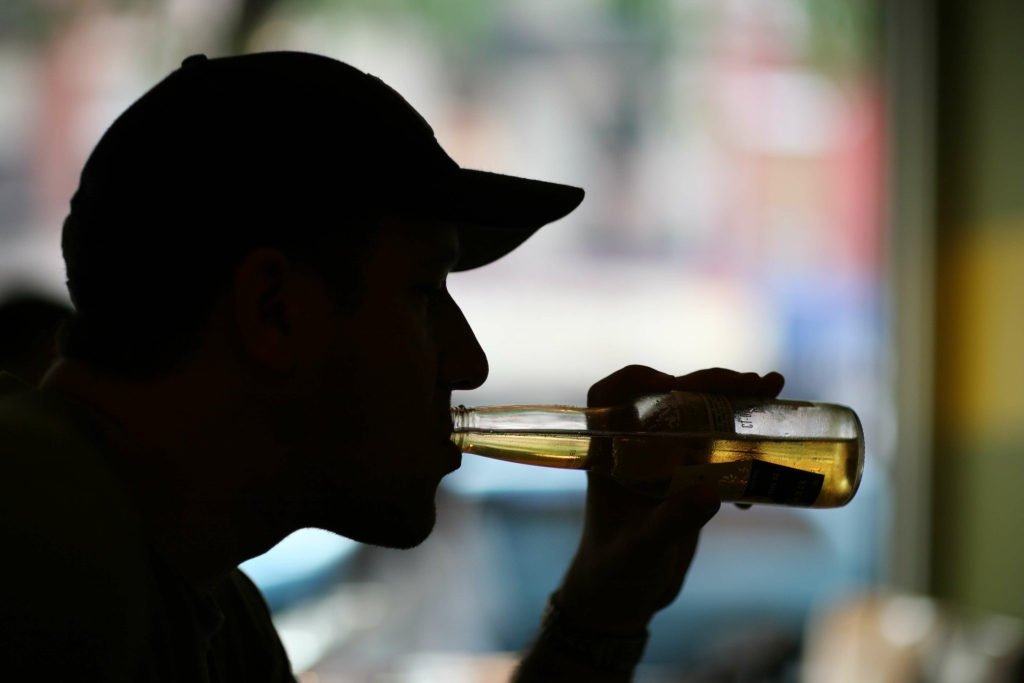The change in emotions a person experiences between intoxicated and being sober can also motivate drinkers to drink more frequently, Koob explains. Still, the evidence is more robust https://en.forexdata.info/step-1-of-aa-admitting-you-re-powerless-over/ for considering how much you’re drinking, rather than what you’re drinking. Experts suggest sticking to serving sizes and reflecting why you want that drink in the first place.
Pathways involving antigen presentation, B and T cell receptor signaling, and IL-15 signaling were altered with moderate vodka consumption (Joosten, van Erk et al. 2012). The most significant change was in glucocorticoid receptor (GR) signaling, which is known to down-regulate immune activity and inflammation by down-regulating NFκB (Pelaia, Vatrella et al. 2003). Indeed, NFκB was down-regulated in the alcohol group compared with the control group (Joosten, van Erk et al. 2012). The observed decrease in expression of NFκB is in line with earlier studies examining decreased pro-inflammatory cytokine production with moderate alcohol consumption.
How Do Drugs And Alcohol Affect The Immune System?
For example, a 2015 study in the journal Alcohol found that binge drinking can reduce infection-fighting white blood cells known as monocytes in the hours after peak intoxication, essentially weakening your immune system. It causes conditions like rheumatoid arthritis and inflammatory bowel disease. With such conditions, the body’s immune system attacks not only invaders but also its own cells.

Molecular mechanisms of the dose-dependent effects of alcohol on the immune system and HPA regulation remain poorly understood due to a lack of systematic studies that examine the effect of multiple doses and different time courses. There may be important differences in the effects of ethanol on the immune system depending on whether the study is conducted in vitro or in vivo, as the latter allows for a complex psychogenic component in which stress-related hormones and immune-signaling molecules interact. In addition, most studies have been done in vitro using primary cells or cell lines in the presence of rather high, constant doses of ethanol. Similarly, most rodent studies to date have focused on acute/short-term binge models utilizing high concentration of ethanol (20% ethanol) as the sole source of fluid, a possible stressor in itself. Therefore, there is a pressing need for in depth studies that examine dose-dependent effects of chronic ethanol consumption on immunity in vivo to allow for the complex interactions between ethanol, its metabolites, HPA signaling, nutritional deficiencies, and the immune system.
Alcohol Use During Pregnancy
For example, in a model of lung infection, acute alcohol intoxication suppressed the production of certain chemokines (i.e., CINC and MIP-2) during infection and inflammation, thereby markedly impairing the recruitment of additional neutrophils to the site of infection (Boé et al. 2003). This defective neutrophil recruitment could be partially restored by localized chemokine administration (Quinton et al. 2005). B-cells are responsible for the humoral Alcoholic Narcissist: How the Two Conditions Are Related arm of the adaptive immune response. They produce immune molecules called antibodies or immunoglobulins that they can either display on their surface or secrete. The antibodies can recognize and interact with antigens, and each B-cell produces antibodies that recognize only one specific antigen. These antibodies then will bind to any matching antigen molecules they encounter in the blood or on other cells, thereby marking them for destruction.
- Alcohol use can exacerbate mental health conditions, like anxiety and depression, or lead to their onset.
- Taken together, these studies suggest that chronic alcohol-induced T cell lymphopenia increases T cell activation and homeostatic proliferation resulting in increased proportion of memory T cells relative to naïve T cells.
- We Level Up NJ can provide information on dual diagnosis and detox programs that may fit your specific needs.
- You can also ask your health insurance company for a list of in-network providers.
After drinking 8 to 9 units of alcohol, your reaction times will be much slower, your speech will begin to slur and your vision will begin to lose focus. The study researchers, led by Ilhem Messaoudi of the School of Medicine at the University of California, Riverside, say their research may help lead to a better understanding of how the immune system works, and how to improve its ability to respond to vaccines and infections. And now, researchers say the odd glass of wine with dinner may actually benefit our health – as new research suggests it can boost the immune system and improve its response to vaccination. Drinking while pregnant increases the risk of birth defects, neural development and immune system development, especially during the first trimester. It can also result in behavioral, learning and communication problems that last well into adulthood. About 84% of adults report drinking alcohol at some point in their lives, with 51% reporting drinking in the last month.
